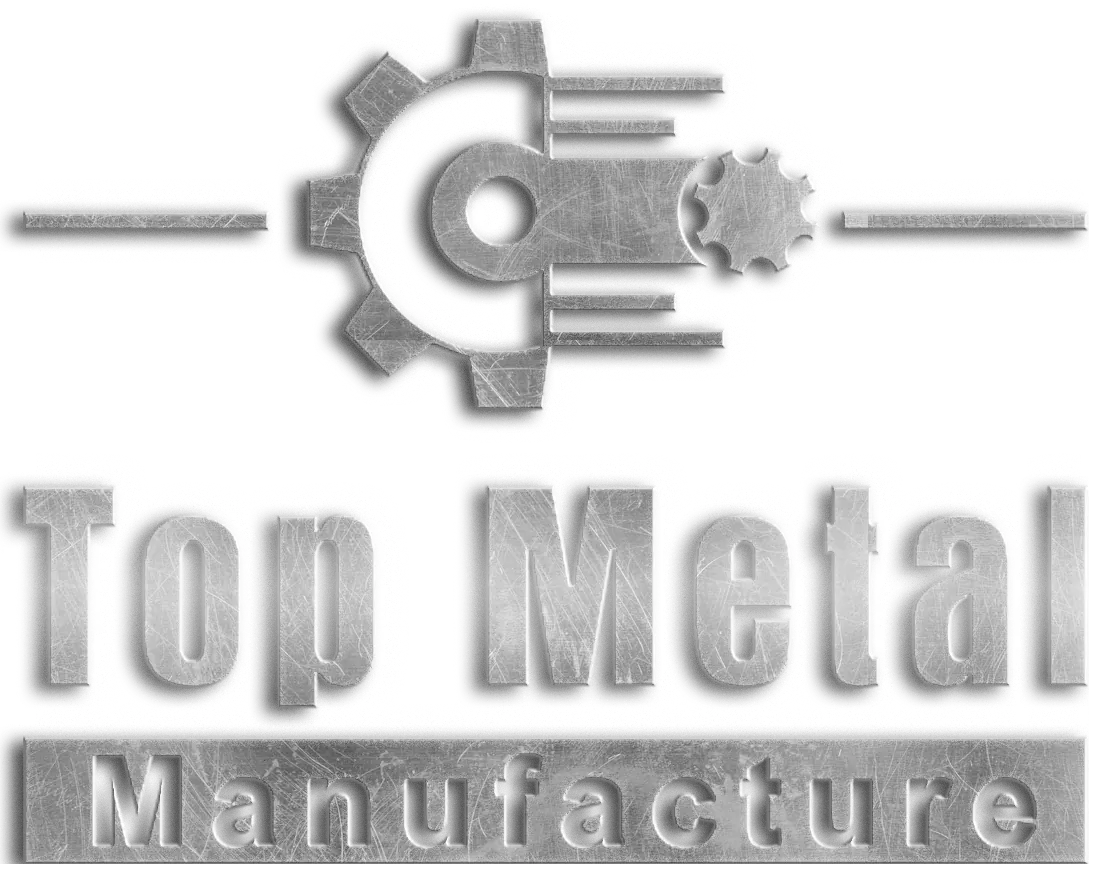INFLUENCE OF STEEL ON AUTOMOTIVE
2023-04-22
The automotive industry has been one of the most critical sectors of the global economy. As the demand for automobiles increases, so does the need for better materials for their construction. Steel has been a dominant material in the automotive industry for decades due to its strength, durability, and affordability. In this article, we will explore the influence of steel in the automotive industry and its impact on the overall economy.
The Importance of Steel in the Automotive Industry:
Steel has been the most preferred material for automobile construction due to its exceptional mechanical properties. It is durable, strong, and easy to work with, making it an ideal choice for the construction of car frames, engine components, and body panels. Moreover, steel is highly resistant to corrosion and can withstand harsh environmental conditions, making it suitable for automobile use. The influence of steel in the automotive industry can be traced back to the early days of the automobile when steel was the only material used for construction. The use of steel has since evolved, and modern vehicles now feature advanced high-strength steels that offer enhanced safety and fuel efficiency.
Impact on the Overall Economy:
The influence of steel in the automotive industry extends beyond the manufacturing sector to the overall economy. The production and consumption of steel in the automotive industry contribute significantly to the GDP of many countries. The steel industry is a critical component of the automotive supply chain and plays a vital role in ensuring the availability of raw materials for automobile manufacturing. The automotive industry is one of the largest consumers of steel globally, and the demand for steel is expected to increase further in the coming years due to the growing demand for automobiles. As such, the steel industry is projected to experience significant growth, which will have a positive impact on the overall economy. The use of steel in the automotive industry also has a positive impact on the environment. The increased use of high-strength steel in vehicle construction has led to the production of lighter vehicles that are more fuel-efficient. This, in turn, leads to reduced emissions and a cleaner environment.
Challenges Facing the Steel Industry in the Automotive Sector
Despite the numerous benefits of steel in the automotive industry, there are several challenges that the industry faces. One of the significant challenges is the competition from alternative materials such as aluminum and carbon fiber. These materials are lightweight and offer better fuel efficiency, making them an attractive alternative to steel. Moreover, the increased focus on electric vehicles (EVs) presents a challenge for the steel industry. EVs require fewer mechanical components, which means that there is a reduced need for steel in their construction. However, the steel industry is adapting to these changes by developing new steel alloys that are lightweight and offer better performance for EVs.
Steel’s Role in Autonomous Vehicles:
Autonomous vehicles (AVs) are becoming increasingly popular, and steel’s importance in AV construction is expected to increase. The construction of AVs requires advanced materials that can withstand harsh environmental conditions and offer enhanced safety, and steel is expected to play a crucial role in meeting these requirements.
The Role of Steel Suppliers:
The automotive industry relies heavily on steel suppliers for the provision of raw materials. As such, steel suppliers play a critical role in the automotive supply chain and work closely with automobile manufacturers to develop new steel alloys that meet the changing needs of the industry.
Impact of Steel Prices:
The price of steel has a significant impact on the automotive industry’s profitability, and fluctuations in steel prices can result in significant changes in automobile production costs. As such, the industry is constantly monitoring steel prices and developing strategies to mitigate the impact of these fluctuations.
CONCLUSION:
In conclusion, the influence of steel in the automotive industry cannot be overstated. Steel has been a critical material in automobile construction for decades, and its importance is expected to grow in the coming years. The use of steel in the automotive industry has a significant impact on the overall economy, contributing to the GDP of many countries. However, the industry faces several challenges, such as competition from alternative materials and the rise of EVs. Nonetheless, the steel industry is adapting to these changes and is expected to remain a critical component of the automotive supply chain.

